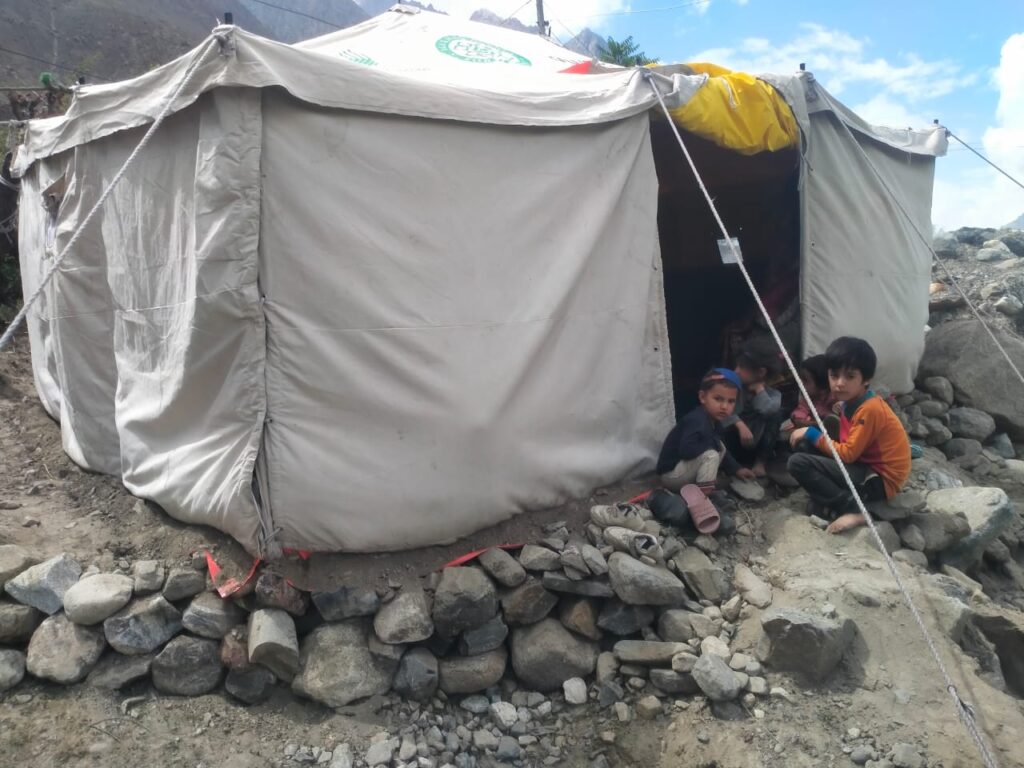
Islamabad : The British High Commission has been amongst the earliest organisations to provide relief interventions, following devastating floods in Chitral.
Between 29 July and August 3, Chitral suffered severe damages from torrential rains, flash floods and glacial lake outburst floods. 14 drinking water supply schemes, 15 jeep-able bridges, 55 irrigation channels, 9 link roads, 3 schools building, protection walls (4,000 feet), and 20 local shops have been fully/partially damaged.
The British High Commission used their existing presence in Chitral to respond to immediate needs through their partners, Concern Worldwide and the Agha Khan Foundation. They are supporting emergency relief and restoration of infrastructure and livelihoods.
So far, the UK has funded essential items like kitchen sets, hygiene kits, water storage containers and more for around 300 families. Partners continue to work on immediate restoration of damaged drinking water systems, the restoration of essential irrigation channels, and debris removal to re-enable access and livelihoods, UK support is expected to benefit over 20,000 people in Chitral. The UK are also considering on longer-term recovery plans for affected areas, in close coordination with government counterparts and humanitarian partners.
Chargé d’Affaires of the British High Commission, Andrew Dalgleish said:
‘The recent floods in Chitral are devastating. Lives and livelihoods have been destroyed. The UK is here to support Pakistan. These floods are a stark reminder that there is much more to be done to improve Pakistan’s climate resilience.’
Floods have already led to 141 deaths, 266 injuries and damage to over 1,000 houses in Pakistan this year. Climate change is a priority for the UK Government. During the devastating floods of 2022, the UK helped over 2.3 million people, dedicating a total of £39 million in UK aid. The British public mobilised, and raised £41.5m as part of the Disasters Emergency Committee appeal. Support included emergency cash assistance, shelter kits, nutritional support, learning kits and infrastructure repair.
The UK’s focus is on improving Pakistan’s climate resilience long-term, rather than purely responding to disasters. The UK has already helped 1.5 million people improve their resilience to extreme climate events, and aims to support a further 3 million people in the next 4-5 years.
